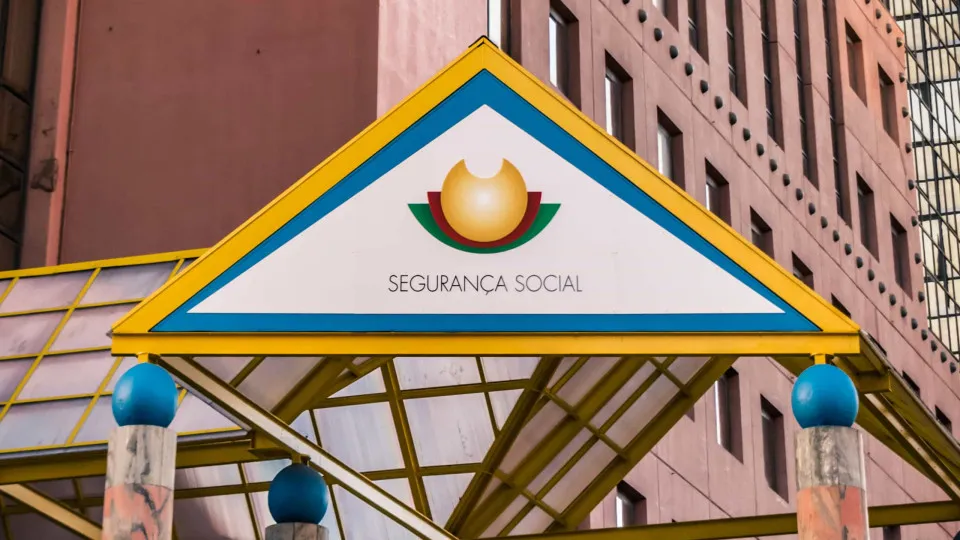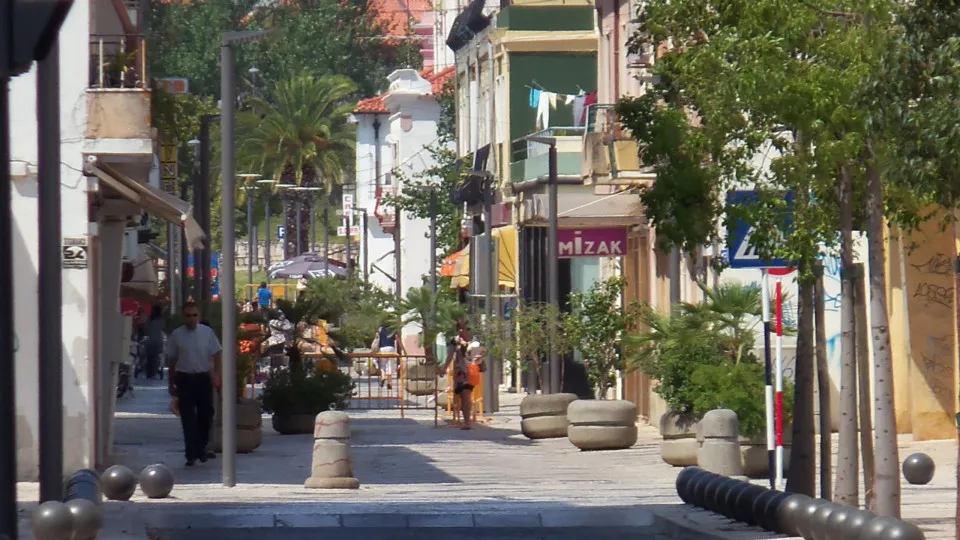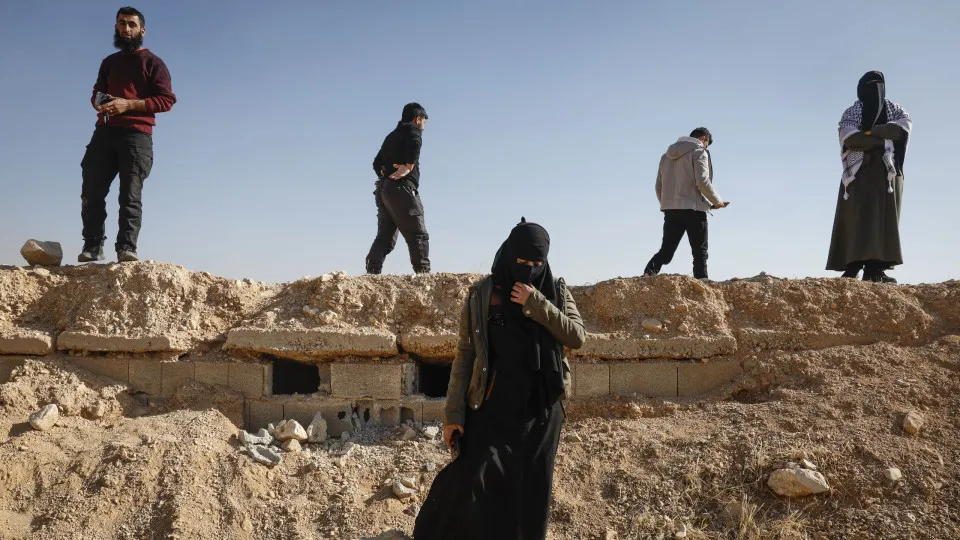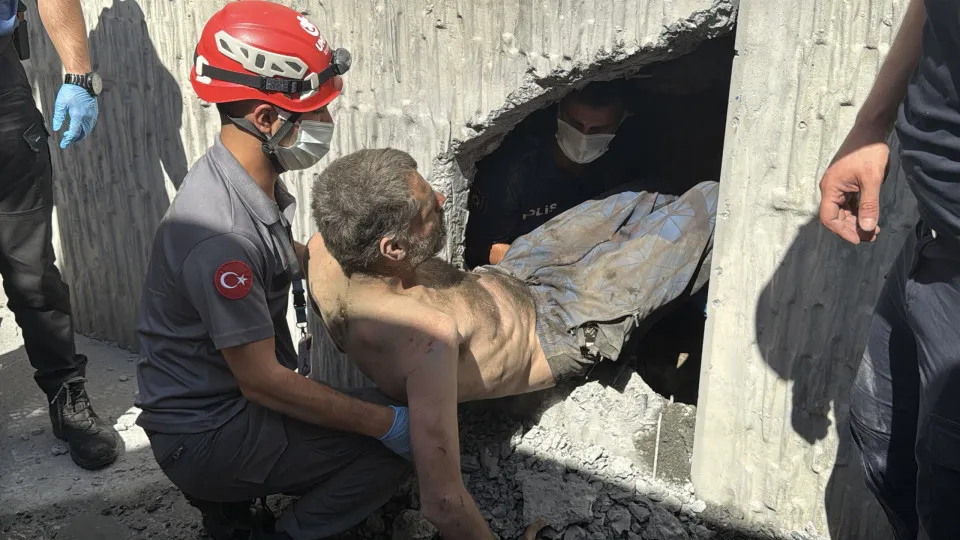
Telmo Antunes testified before the parliamentary committee on Constitutional Affairs, Rights, Liberties, and Guarantees regarding bills aimed at strengthening property owners’ defense guarantees and penalizing illegal occupiers.
Responding to questions about the socio-economic contexts of the phenomenon, the effectiveness of harsher penalties in preventing recurrence, as asked by PS deputy André Rijo, and how the ISS can prevent “situations of need from evolving into conflict situations,” as posed by PSD’s Carolina Marques, the ISS vice-president emphasized the organization’s defined competencies.
“We have no information on who occupies properties or why, as this is beyond our competencies,” stated Telmo Antunes.
He repeatedly clarified that ISS’s role in eviction cases, since the delegation of social action responsibilities to local authorities, is limited to emergencies in specific cases, acting as a “second line of intervention” when the Institute for Housing and Urban Rehabilitation (IHRU) cannot intervene.
Addressing evictions, Telmo Antunes noted that ISS intervention peaked in 2022, with 2,474 cases. The numbers have since decreased, with 2,084 interventions in 2023, 1,635 in 2024, and 1,039 by August this year.
Substitute Blocist deputy Andreia Galvão, advocating for “a state present before crisis and not just after eviction,” queried the ISS vice-president about enhancing social response in these cases. Antunes responded that the organization “does not define policies” but implements approved social policies.
On the current housing response capacity, he acknowledged it is limited, relying on private facilities, like hotels, for relocation. He anticipates a “more robust response” with over two thousand accommodation spots becoming available from the second half of 2026, under the National Urgent and Temporary Housing Program.
Regarding rent subsidies, Telmo Antunes clarified that these are not available for illegally occupied properties but only for valid rental contracts. He disclosed that this year, the ISS has allocated 370 million euros for this support, surpassing the 300 million euros in 2024 and 261 million euros in 2023.




